Uncategorized
-

-

When Science News readers talk, we listen
Editor in chief Nancy Shute discusses the wonderful feedback we receive from our readers.
By Nancy Shute -
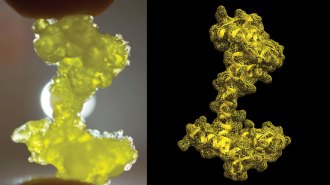 Chemistry
ChemistryA sweet father-son bond inspires tasty new molecule models
New edible models of proteins could spark students’ interest in the world of chemistry, especially students who are blind.
By Carmen Drahl -
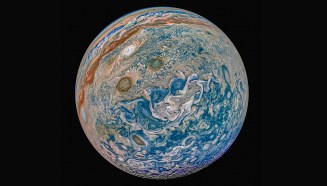 Planetary Science
Planetary ScienceLaser experiments suggest helium rain falls on Jupiter
Compressing a hydrogen and helium mixture with lasers shows that the two elements separate at pressures found within gas giant planets.
-
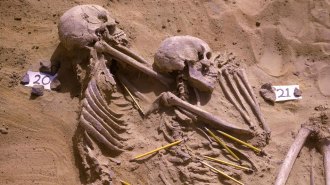 Anthropology
AnthropologyHunter-gatherers first launched violent raids at least 13,400 years ago
Skeletons from an ancient African cemetery bear the oldest known signs of small-scale warfare.
By Bruce Bower -
 Archaeology
ArchaeologyTo find answers about the 1921 race massacre, Tulsa digs up its painful past
A century ago, hundreds of people died in a horrific eruption of racial violence in Tulsa. A team of researchers may have found a mass grave from the event.
-
 Health & Medicine
Health & MedicineHere are answers to 3 persistent questions about the coronavirus’s origins
Calls to double down on investigations into where SARS-CoV-2 came from — nature or a lab accident — are rising as answers remain scarce.
-
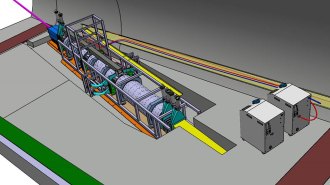 Particle Physics
Particle PhysicsIn a first, neutrinos were caught interacting at the Large Hadron Collider
Despite the LHC’s fame, all its detectors were oblivious to neutrinos. But not anymore.
-
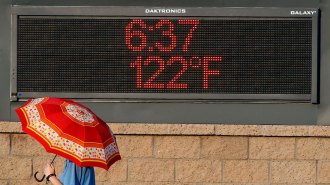 Climate
ClimateThe last 30 years were the hottest on record for the United States
Typical temps across large swaths of the country are now 1 to 2 degrees Fahrenheit higher than their 20th-century averages.
-
 Neuroscience
NeurosciencePlaying brain training games regularly doesn’t boost brainpower
Comparing brain training program users with those who don’t do the mini brain workouts, scientists found no proof that the regimens boosted brainpower.
-
 Science & Society
Science & SocietyA new memoir tells the life story of NASA ‘hidden figure’ Katherine Johnson
"My Remarkable Journey" gives the backstory of NASA mathematician Katherine Johnson, the central character of the 2016 film "Hidden Figures."
-
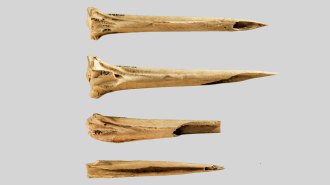 Archaeology
ArchaeologyThe oldest known tattoo tools were found at an ancient Tennessee site
Sharpened turkey leg bones may have served as tattoo needles between 5,520 and 3,620 years ago, at least a millennium earlier than previously thought.
By Bruce Bower